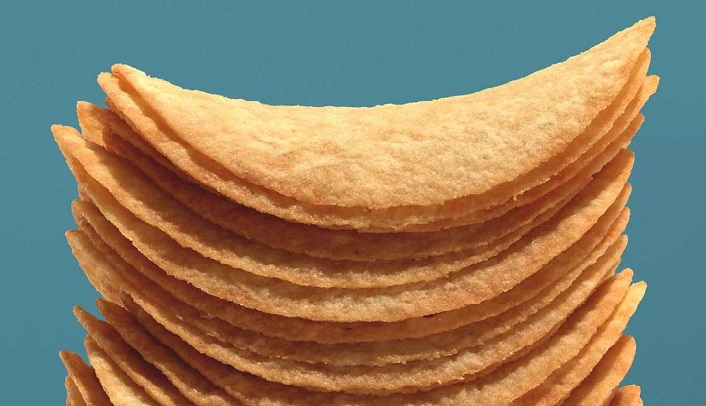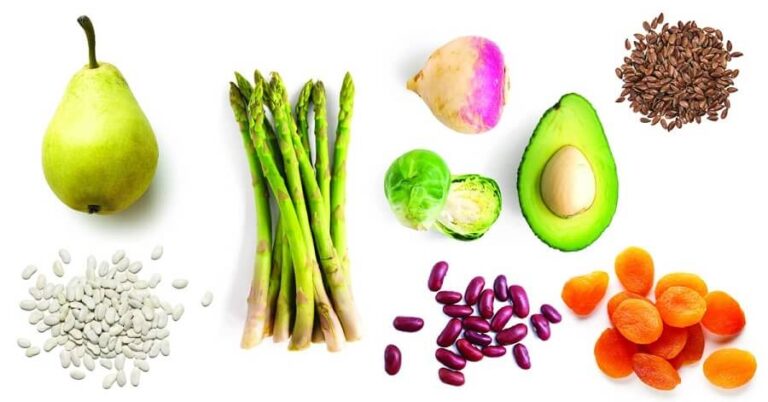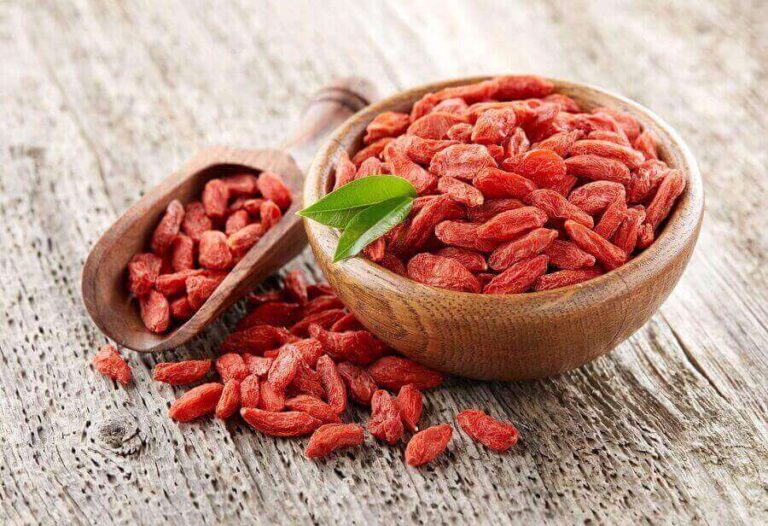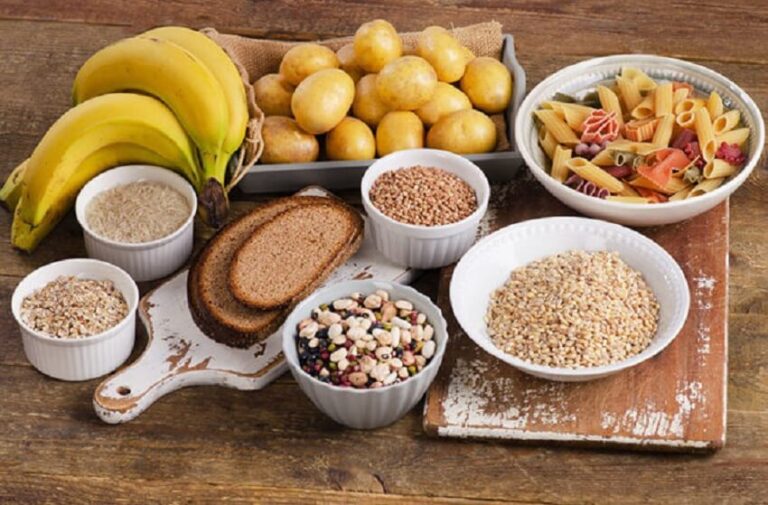You hear it constantly: “eat less processed foods” is staple advice these days, just as you are probably also familiar with avoiding fast-assimilating carbohydrates. But what does all this mean?
To understand it better, we will walk through each term with examples of different sources of carbohydrates: those that have a rapid absorption rate during digestion, those that are ultra-processed, and which are a combination of both. Finally, we will evaluate what the scientific evidence says about the harm of a diet rich in this type of food.
What are processed and ultra-processed carbohydrates?
Unprocessed or minimally processed foods are whole foods in which the vitamins and nutrients are still intact. Food is in its natural (or almost natural) state. These foods can be minimally altered by removing inedible parts, drying, shredding, roasting, boiling, freezing, or pasteurizing to make them suitable for storage and consumption. Unprocessed or minimally processed carbohydrates include carrots, apples, cantaloupe, legumes, and whole grains – oatmeal, quinoa, etc.
Processed foods are made by adding salt, oil, sugar, or other substances: canned examples, fruits in syrup, and fresh pieces of bread. Most processed foods have two or three ingredients.
Some foods are highly processed or ultra-processed. They most likely have a lot of added ingredients, like sugar, salt, fat, and artificial colors or preservatives. Ultra-processed foods are made primarily from other substances extracted from food, such as starches, added sugars, and hydrogenated fats. They may also contain additives such as artificial colors and flavors or stabilizers. These carbohydrate foods are frozen pizzas, sodas, hot dogs and cold cuts, fast food, packaged cookies, cakes, and sweet snacks.
RELATED:
Fast assimilation carbohydrates
Although ultra-processed foods may contain trace amounts of simple carbohydrates in their “pure” form, only the processing method determines the assimilation rate³. Most of these foods can be equated with sugars.
Even those carbohydrates from vegetables and grains can be elaborated in specific ways until they have a fast absorption rate. For example, we are talking about refined flours, a product originating from cereal ground into a fine powder until it is practically pure starch. The product becomes a fast assimilating carbohydrate.
But there is no single rule here. For example, the glycemic index of potatoes can vary widely depending on the cooking method; in fact, potato chips and potatoes boiled on the skin have very different effects on blood glucose levels.
It still holds as a general rule of thumb: best avoided if it’s an ultra-processed and fast-assimilating carbohydrate.
Learn to identify ultra-processed carbohydrates
Consider the examples in this table to help you determine whether carbohydrates are minimally processed, moderately processed, or ultra-processed.
| Minimally processed | Processed | Ultra-processed |
| Corn | Canned corn | Corn snacks |
| Apple | Apple juice | Apple pie |
| Potatoes or potatoes | Baked potatoes | Chips |
| Carrots | Carrot juice | Carrot cake |
| Wheat | Flour | Cookies |
Sugars are processed and rapidly assimilated carbohydrates
Examples of classic fast-assimilating and ultra-processed carbohydrates are sugars in their pure form. We are talking about foods composed only of the simplest constituents of carbohydrates: saccharides (for example, glucose, fructose, and galactose).
Note that, in nature, a product rarely contains sugars exclusively. Usually, it is a mixture of mono and disaccharides in specific proportions with fiber. Most sweet fruits are an equivalent mix of glucose and fructose with fiber. Table sugar can also be thought of as a glucose and fructose molecules mixture. Instead, the thread has been removed.
Unlike sugar (both standard white and brown), fruits contain fiber (a more complex carbohydrate that the human stomach cannot digest); As a result, this reduces the absorption rate and the glycemic index. Other examples of sugar are that of milk: lactose, a disaccharide, which is a mixture of residues of glucose and galactose molecules. Maltose (malt sugar) is found in maltodextrin, corn syrup, and some of the aforementioned processed starches.
Examples of foods with fast assimilation sugars:
- Sweets and pastries
- Sugary soft drinks
- Honey
- Fruit juices
- Sweetened ice cream
- Jams
- Industrial cereals
- Sweet chocolates
- Candies
- Fruit tarts
RELATED:
What is the damage?
First, there are links between processed foods, calorie intake, and weight gain. A recent study published in the journal Cell Metabolism compared the effects of an ultra-processed diet with the results of a diet without processed foods on calorie intake and weight gain. 5
The researchers found that study subjects consumed about 500 more calories per day on the ultra-processed diet than on the unprocessed diet. The ultra-processed diet period was marked by a higher intake of carbohydrates and fat, but not protein. Participants gained an average of 900 grams during the ultra-processed diet phase and lost the same weight during the raw diet phase. The authors concluded that limiting ultra-processed foods may be an effective strategy for preventing and treating obesity.
Ultra-processed carbohydrates may disrupt your gut flora
It has also been seen that there is a link between diets rich in ultra-processed foods and inflammation. When the body’s inflammatory response increases, it is challenging to fight viruses and diseases. Research has found associations between higher CRP levels and various chronic conditions, such as cancer, arthritis, cardiovascular disease, and diabetes.
So why exactly are these foods linked to more inflammation and disease? One theory: Key ingredients like emulsifiers and refined sugars harm microbial life in our gut rather than helping it flourish.
“These refined carbohydrates could be feeding the harmful bacteria in the small intestine, and that’s where the inflammation starts. Animal studies have shown that increasing the number of simple sugars in the diet will change the potential for the growth of pathogenic bacteria in the gut. ” Commented researcher Marit Zinocker for Vox magazine. 6
Zinocker emphasized that the emulsifier and refined carbohydrate hypotheses are just two possible explanations for why ultra-processed foods are unhealthy, and there is still much for scientists to learn. For now, however, researchers have found that it’s not just what’s added to processed foods that can harm the gut microbiome. It is also what they lack.
ABSTRACT
Whenever possible, try to avoid or limit ultra-processed foods, especially carbohydrates. Consuming significant amounts of these types of foods can not only increase your body weight and the risk of type 2 diabetes and other diseases. Substituting fast-assimilating carbohydrates for whole grains and fruits will help you stay healthy.







